All Courses
All Courses
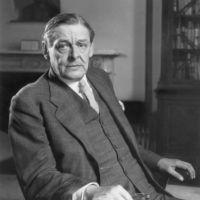
Course • English Literature • 12 lectures
The Poetry of T. S. Eliot
Prof. Seamus Perry, University of Oxford 12 Lessons
12 Lessons
The Poetry of T. S. Eliot
Prof. Seamus PerryUniversity of Oxford
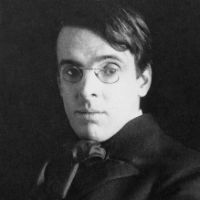
Course • English Literature • 6 lectures
The Poetry of W. B. Yeats
Dr Peter Howarth, QMUL 6 Lessons
6 Lessons
The Poetry of W. B. Yeats
Dr Peter HowarthQMUL
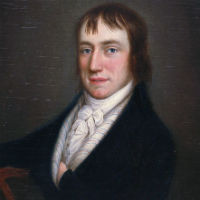
Course • English Literature • 6 lectures
The Poetry of William Wordsworth
Prof. Keith Hanley, Lancaster University 6 Lessons
6 Lessons
The Poetry of William Wordsworth
Prof. Keith HanleyLancaster University

Course • English Literature • 5 lectures
The Poetry of William Wordsworth
Dr Tom Mole, Edinburgh University 5 Lessons
5 Lessons
The Poetry of William Wordsworth
Dr Tom MoleEdinburgh University
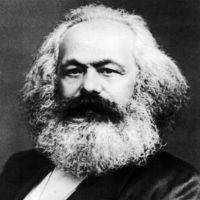
Course • Government & Politics • 6 lectures
The Political Thought of Karl Marx
Prof. Terrell Carver, Bristol University 6 Lessons
6 Lessons
The Political Thought of Karl Marx
Prof. Terrell CarverBristol University
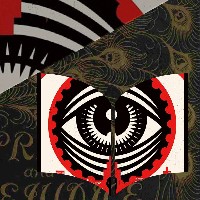
Course • English Language • 5 lectures
The Power of Storytelling – Character Driven Fiction
Prof. Lars Iyer, Newcastle University 5 Lessons
5 Lessons
The Power of Storytelling – Character Driven Fiction
Prof. Lars IyerNewcastle University
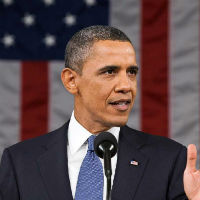
Course • Government & Politics • 5 lectures
The Presidency of Barack Obama, 2009-2017
Dr Clodagh Harrington, De Montfort University 5 Lessons
5 Lessons
The Presidency of Barack Obama, 2009-2017
Dr Clodagh HarringtonDe Montfort University

Course • Government & Politics • 4 lectures
The Presidency of the United States
Dr Jon Herbert, Keele University 4 Lessons
4 Lessons
The Presidency of the United States
Dr Jon HerbertKeele University

Course • Government & Politics • 6 lectures
The Prime Minister of the United Kingdom
Dr Richard Heffernan, Open University 6 Lessons
6 Lessons
The Prime Minister of the United Kingdom
Dr Richard HeffernanOpen University

Course • Philosophy & Religious Studies • 5 lectures
The Purpose and Authorship of John
Dr James Carleton Paget, University of Cambridge 5 Lessons
5 Lessons
The Purpose and Authorship of John
Dr James Carleton PagetUniversity of Cambridge
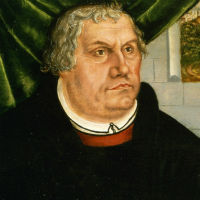
Course • History • 6 lectures
The Reformation in Europe, 1522-64
Prof. Alec Ryrie, Durham University 6 Lessons
6 Lessons
The Reformation in Europe, 1522-64
Prof. Alec RyrieDurham University
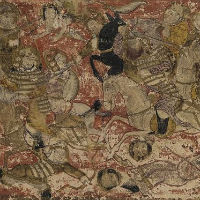
Course • History • 8 lectures
The Rise of Islam, 650-750
Dr Amira Bennison, University of Cambridge 8 Lessons
8 Lessons
The Rise of Islam, 650-750
Dr Amira BennisonUniversity of Cambridge
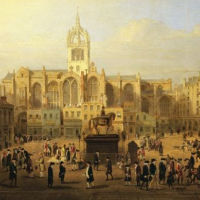
Course • History • 6 lectures
The Scottish Enlightenment
Dr Anna Plassart, Open University 6 Lessons
6 Lessons
The Scottish Enlightenment
Dr Anna PlassartOpen University

Course • Government & Politics • 5 lectures
The Second Amendment and Gun Control
Dr Kevin Yuill, Sunderland University 5 Lessons
5 Lessons
The Second Amendment and Gun Control
Dr Kevin YuillSunderland University
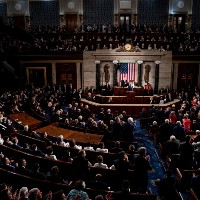
Course • Government & Politics • 5 lectures
The Separation of Powers
Dr Andrew Wroe, Kent University 5 Lessons
5 Lessons
The Separation of Powers
Dr Andrew WroeKent University

Course • Sociology • 4 lectures
The Social Construction of Health
Prof. Michael Calnan, Kent University 4 Lessons
4 Lessons
The Social Construction of Health
Prof. Michael CalnanKent University

Course • Sociology • 7 lectures
The Sociology of Childhood
Prof. Karen Wells, Birkbeck College, London 7 Lessons
7 Lessons
The Sociology of Childhood
Prof. Karen WellsBirkbeck College, London

Course • Sociology • 4 lectures
The Sociology of Multiculturalism
Prof. Tariq Modood, Bristol University 4 Lessons
4 Lessons
The Sociology of Multiculturalism
Prof. Tariq ModoodBristol University
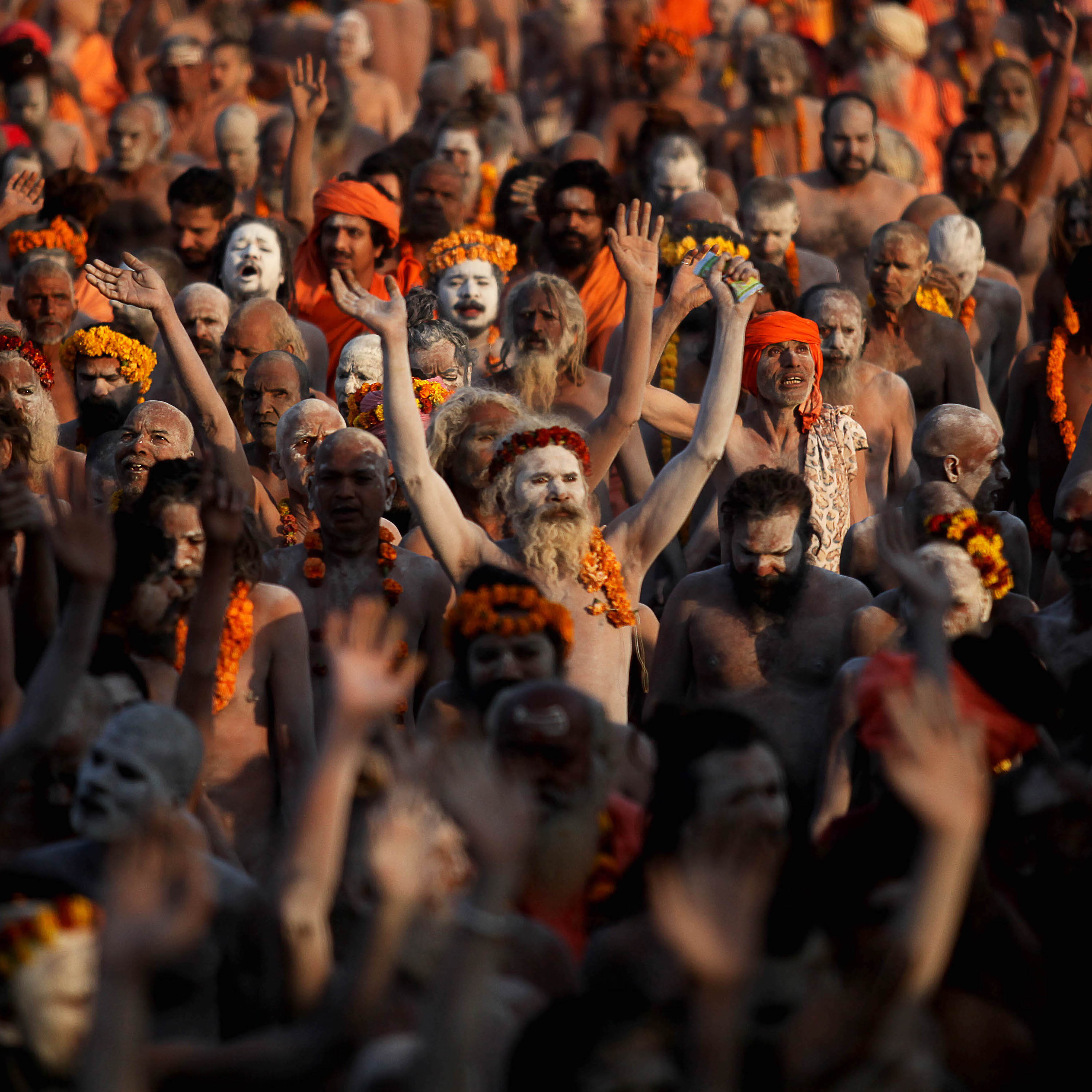
Course • Sociology • 5 lectures
The Sociology of Religion
Prof. Chris Shilling, Kent University 5 Lessons
5 Lessons
The Sociology of Religion
Prof. Chris ShillingKent University
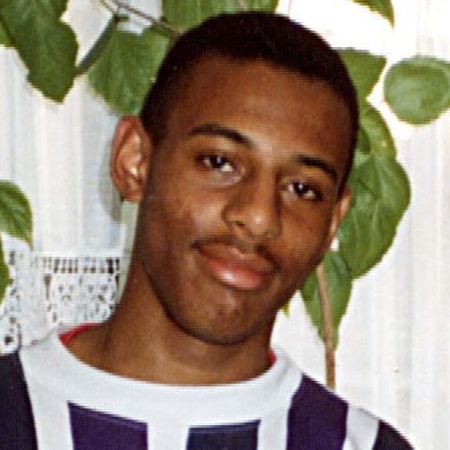
Course • Sociology • 4 lectures
The Stephen Lawrence Case
Dr Anthony Gunter, Open University 4 Lessons
4 Lessons
The Stephen Lawrence Case
Dr Anthony GunterOpen University
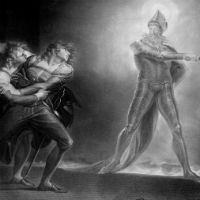
Course • English Literature • 8 lectures
The Supernatural: A Complete History
Prof. Nick Groom, Exeter University 8 Lessons
8 Lessons
The Supernatural: A Complete History
Prof. Nick GroomExeter University
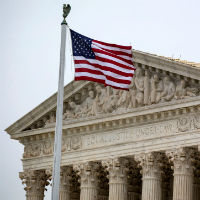
Course • Government & Politics • 5 lectures
The Supreme Court of the United States
Dr Emma Long, University of East Anglia 5 Lessons
5 Lessons
The Supreme Court of the United States
Dr Emma LongUniversity of East Anglia
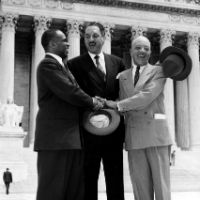
Course • Government & Politics • 5 lectures
The Supreme Court of the United States – Key Issues and Landmark Cases
Dr Emma Long, University of East Anglia 5 Lessons
5 Lessons
The Supreme Court of the United States – Key Issues and Landmark Cases
Dr Emma LongUniversity of East Anglia
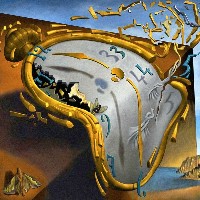
Course • Philosophy & Religious Studies • 7 lectures
The Teleological Argument
Prof. John Cottingham, Reading University 7 Lessons
7 Lessons
The Teleological Argument
Prof. John CottinghamReading University
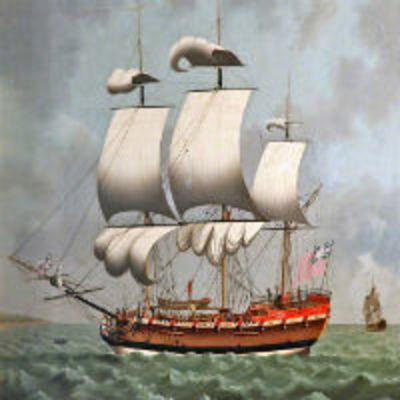
Course • History • 5 lectures
The Transatlantic Slave Trade, 1480-1850
Dr Toby Green, King's College London 5 Lessons
5 Lessons
The Transatlantic Slave Trade, 1480-1850
Dr Toby GreenKing's College London
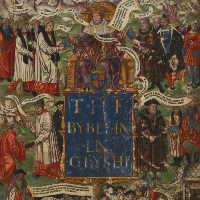
Course • History • 5 lectures
The Tudors – British Reformations, 1527-1603
Prof. Alec Ryrie, Durham University 5 Lessons
5 Lessons
The Tudors – British Reformations, 1527-1603
Prof. Alec RyrieDurham University
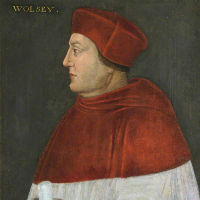
Course • History • 7 lectures
The Tudors – Cardinal Wolsey, 1472-1530
Prof. Glenn Richardson, St Mary's University 7 Lessons
7 Lessons
The Tudors – Cardinal Wolsey, 1472-1530
Prof. Glenn RichardsonSt Mary's University
